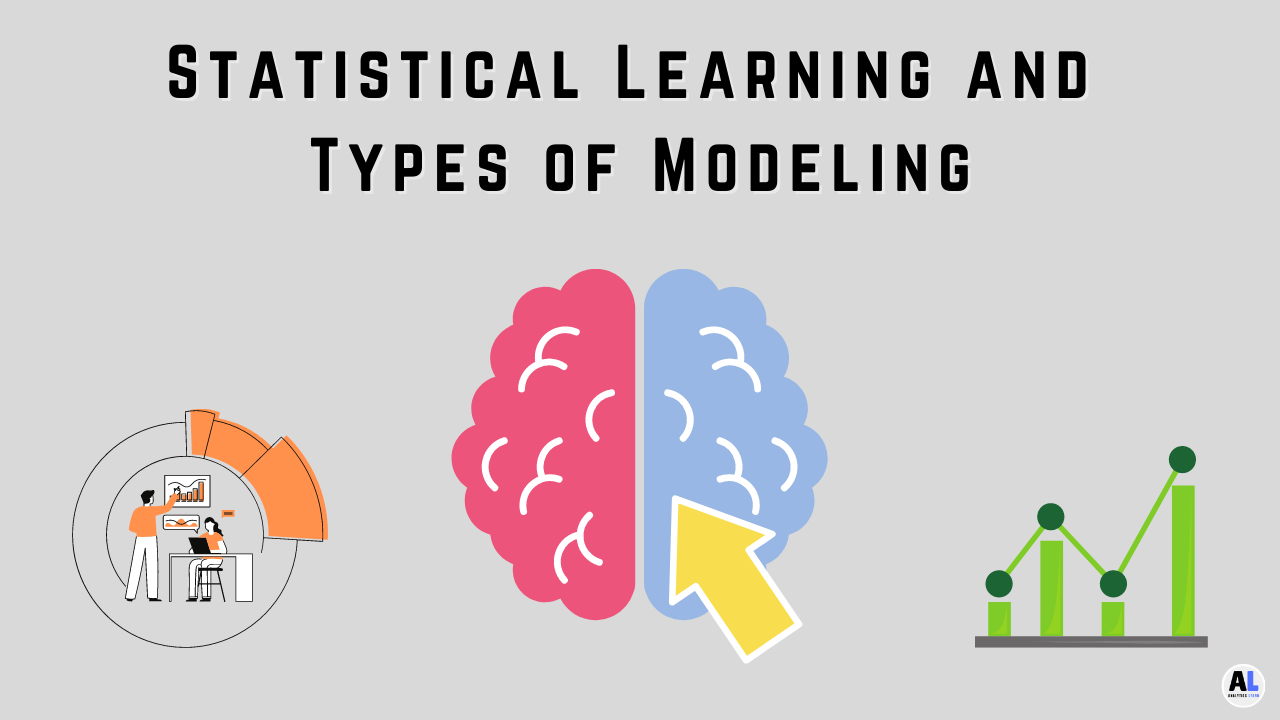In this Blog, we are going to explore about machine learning and the different key points What is True About Machine Learning? in detail.
Machine learning is a subfield of artificial intelligence (AI) that allows computer systems to learn and make predictions or decisions without being explicitly programmed to do so.
The future growth of machine learning is expected to be substantial, and it will continue to have a profound impact on the way we live and work.
The field is rapidly evolving, and new developments and applications are being discovered all the time.
What is Machine learning?
Machine learning is a subfield of artificial intelligence (AI) that involves the development of algorithms and statistical models that allow computers to improve their performance in tasks over time through experience, without being explicitly programmed.
It involves feeding large amounts of data into these models and algorithms, and then using that data to train the system to make predictions or decisions.
There are different types of machine learning, including supervised learning, unsupervised learning, semi-supervised learning, and reinforcement learning.
>> In Supervised learning, the algorithm is provided with labeled data and learns to make predictions based on that data.
>> In unsupervised learning, the algorithm must find patterns in the data on its own, without any specific labeling.
>> Semi-supervised learning is a combination of supervised and unsupervised learning, where some of the data is labeled and some is not.
>> Reinforcement learning involves learning through trial-and-error and rewards, as in the case of teaching a machine to play a game.
Machine learning has been used in a wide range of applications, such as image and speech recognition, natural language processing, and predictive analytics.
It has the potential to transform various industries and has significant implications for the way we live and work.
What is True About Machine Learning?
The following are some key points that are true about machine learning:
- Data-driven: Machine learning algorithms rely on large amounts of data to train and improve their performance over time.
- Predictive modeling: Machine learning models can be used to make predictions based on historical data, such as predicting the likelihood of a customer churning or the price of a stock.
- Supervised and unsupervised learning: Machine learning algorithms can be divided into supervised learning, where the algorithm is provided with labeled data, or unsupervised learning, where the algorithm must find patterns in the data on its own.
- Continuous improvement: Machine learning algorithms can continue to learn and improve their performance as they are fed more data.
- Limitations: Machine learning algorithms are not perfect and can make errors or biased predictions, particularly if the training data is not representative of the real-world problem being solved.
- Broad Applications: Machine learning has a wide range of applications, including image recognition, natural language processing, speech recognition, and predictive maintenance, among others.
It is important to note that machine learning is a rapidly evolving field, and new developments are being made all the time.
Future Growth of Machine Learning
The future growth of machine learning is expected to be significant, with widespread applications across a variety of industries and fields. Here are a few trends and predictions for the future growth of machine learning:
1. Increased Adoption:
Machine learning is expected to become more widely adopted and integrated into everyday processes, especially as the technology becomes more accessible and easier to use.
2. Advancements in Natural Language Processing (NLP):
NLP is a rapidly growing area of machine learning, and is expected to play a major role in shaping the future of machine learning.
This will include advancements in speech recognition and text-to-speech synthesis, as well as improved machine translation and conversational AI.
3. Expansion into New Industries:
Machine learning is already being used in a variety of industries, but is expected to expand even further into new areas, such as finance, healthcare, and education.
4. Edge Computing:
The trend towards edge computing, where data is processed closer to the source of the data, is expected to continue to grow, and machine learning algorithms will play a crucial role in this trend.
5. Increased Focus on Explainability and Bias:
As machine learning is used in more critical decision-making applications, there will be an increased focus on ensuring that the algorithms are transparent and fair, and that any biases in the data or algorithms are addressed.
6. Collaboration between Humans and AI:
Machine learning is expected to play a larger role in augmenting human capabilities, rather than replacing them, by assisting and collaborating with humans to make better decisions.
Why Choose Machine learning As a Career or Study?
Machine learning is a rapidly growing field that offers a wide range of career and study opportunities for individuals with diverse backgrounds and interests.
Here are some reasons why you might choose machine learning as a career or study:
1. High Demand:
Machine learning is in high demand, and the demand for professionals with machine learning skills is expected to grow significantly in the coming years. This makes it a lucrative and stable career choice.
2. Wide Range of Applications:
Machine learning has a wide range of applications, from natural language processing and speech recognition to computer vision and predictive analytics.
This means that there are many areas within machine learning to specialize in, depending on your interests.
3. Interdisciplinary Nature:
Machine learning draws on a variety of disciplines, including mathematics, statistics, computer science, and engineering.
This interdisciplinary nature makes it a fascinating and challenging field to work in.
4. Impactful Work:
Machine learning has the potential to have a profound impact on society and improve people’s lives, from improving healthcare outcomes to making our lives easier through intelligent personal assistants.
5. Continuous Learning and Development:
Machine learning is a rapidly evolving field, and there is always more to learn and discover. This makes it a dynamic and rewarding field to work in, as you will be continuously challenged and have opportunities for professional growth.
Whether you are just starting out in your career or looking for a change, machine learning offers a wide range of opportunities for individuals with a variety of skills and interests.
Whether you want to work in academia, research, industry, or start your own company, there is a place for you in the field of machine learning.
Conclusion
In conclusion, machine learning is a rapidly growing and dynamic field that offers a wide range of career and study opportunities, this all keypoints are True About Machine Learning.
The demand for machine learning professionals is expected to continue to grow, and the field has the potential to have a profound impact on society.
Whether you have a background in mathematics, statistics, computer science, or another field, there is a place for you in the field of machine learning.
With its interdisciplinary nature and opportunities for continuous learning and development, machine learning is a challenging and rewarding field to work in.
If you are interested in the field, consider exploring it further to see if it is the right fit for you.

DataScience Team is a group of Data Scientists working as IT professionals who add value to analayticslearn.com as an Author. This team is a group of good technical writers who writes on several types of data science tools and technology to build a more skillful community for learners.










